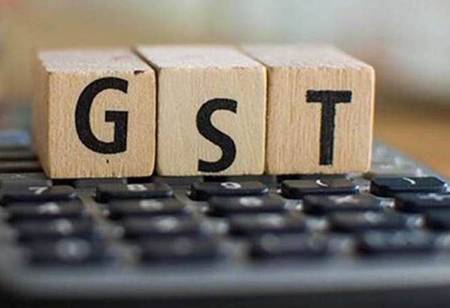
Govt's Massive Crackdown on 7,000 GST Evaders Results in 185 Arrested


The government has launched a massive crackdown on GST evaders with the assistance of data analytics and information from agencies. This initiative action against 7,000 entities including the arrest of 187 a campaign that contributed to buoyancy in tax collection, says Ajay Bhushan Pandey, Finance Secretary.
The government created a record GST collection of Rs.1.15 lakh crore in December 2020, helped by the action against tax evaders alongside pick up in the economy.
Ajay Bhushan has stated action against a fake invoicing racket in the last one-and-a-half months has led to the arrest of 187, including five chartered accountants and one company secretary.
He adds, "Many of them including some managing directors are in jail for the last 40-50 days. There are few large companies too are found involved in taking fake bills through multiple layers, thereby evading GST and income tax. So they have also been booked. Because of the data available, it is very very difficult to escape because sooner or later they will get caught."
The action against those who try to misuse the system, he said, has been based on collating information from various agencies such as Income Tax Department, Customs unit, FIU and GST department, and banks.
"We have taken action against 7,000 evaders out of a tax base of 1.20 crore. Hence our success rate is very very high, said Pandey, who is also the Revenue Secretary.
He said the Income Tax Department immediately follows up on all the cases booked under GST fake invoice because the tax implication is higher.
The secretary said from April 1, e-invoice would be made mandatory for all B2B transactions by businesses with a turnover of over Rs.5 crore. The electronic invoice was made mandatory for B2B transactions by businesses with turnover over Rs.500 crore from October 1, 2020, and for over Rs.100 crore turnover from January 1.
Ajay further states, "We have found many shell companies which are issuing invoices worth crores of rupees and not paying income tax and paying the entire liability through ITC. So in order to ensure that these companies are not able to abuse the system, this particular anti-abuse provision has been put in and this will impact less than 45,000 units in the entire tax base of 1.2 crores. Also, the measures like e-invoice, pre-population of information on supplier wise input tax credit, which deter those who are trying to claim excess ITC, are helping compliance. By targeted action against tax evaders by way of full data analytics, it is possible to pinpoint the entity which issued the fake bill and also the ultimate beneficiary."